As in every year, countries continued to take measures to protect their markets and producers in 2024. Although the economic problems experienced on a global scale directed countries to export more, each country implemented protective duties to protect its own producers and stimulate the market.
These tariffs are particularly noteworthy for Asian countries. Hot and cold rolled steel (HRC and CRC) products are at the center of countries' anti-dumping measures in the iron and steel sector. Exports from major producers such as China, India and South Korea are among the products most affected by these duties.
The anti-dumping duties applied in the iron and steel sector and the countries that have implemented these duties are as follows;
Australia launches anti-dumping investigation against HRC imports from China
Australia has initiated a dumping investigation into Chinese hot rolled steel products following an application by BlueScope Steel Limited. The investigation was opened against 7208.10.00, 7208.25.00, 7208.26.00, 7208.27.00, 7208.36.00, 7208.37.00, 7208.38.00, 7208.39.00, 7208.40.00, 7208.53.00, 7208. 54.00, 7208.90.00, 7211.14.00, 7211.19.00, 7225.30.00, 7225.40.00 and 7226.91.00 HS codes. The investigation period was announced as October 1, 2023 to September 30, 2024. Australia's move aims to increase the competitiveness of the local industry while creating a new barrier in the global steel trade. This measure stands out as an important step to protect the Australian steel industry.
Brazil imposes AD duty on painted steel imported from China and India
The Brazilian Department of Foreign Trade (SECEX) has launched an anti-dumping (AD) investigation into painted steel products originating from China and India.
The investigation is evaluating allegations that the products in question were offered for sale at low prices and the customs duty demand of Brazilian domestic producers in response to this situation.
The products under investigation are classified under the GTIP codes 7210.70.10, 7210.70.20, 7212.40.10, 7212.40.21 and 7212.40.29. It was reported that the investigation was carried out to protect the local steel sector and prevent unfair competition
India launches anti-dumping investigation into hot rolled coils imported from Vietnam
India has launched a formal anti-dumping investigation into hot rolled coils imported from Vietnam. The Directorate General of Trade Remedies (DGTR) of India initiated the investigation following requests from two major steel producers, JSW Steel Limited and ArcelorMittal Nippon Steel India Limited, of the Indian Steel Association.
The investigation covers hot rolled coil products, alloyed and unalloyed, uncoated or coated, up to 25 mm thick and up to 2100 mm wide. These products are classified under HS Codes 7208, 7211, 7225 and 7226.
Indian steelmakers claim that import of hot rolled coils from Vietnam into India at dumped prices is causing serious damage to the domestic steel sector.
Korea launches anti-dumping investigation into Chinese stainless steel sheets
The Korean Trade Commission announced the launch of an anti-dumping investigation into Chinese stainless steel sheets. The investigation targeted sheets with a minimum thickness of 4.75 mm and a minimum width of 600 mm, at the request of local steelmaker DK Corporation on June 28, 2024. The products in question were classified with the HS Codes 7219.21.1010, 7219.21.1090, 7219.21.9000, 7219.22.1010, 7219.22.1090 and 7219.22.9000.
The investigation will cover the period from January 1, 2023 to December 31, 2023, while the assessment will cover the period from January 1, 2021 to June 30, 2024. The decision has not been announced yet.
US imposes dumping duties on hot-rolled steel imports
The United States is resolutely implementing anti-dumping measures on imports of hot-rolled steel. Through 2024, it has imposed dumping duties on certain hot-rolled carbon steel flat products imported from China, India, Indonesia, Thailand, Taiwan and Ukraine, including 90.83% on China, 44.40% on India, 47.86% on Indonesia, 20.30% on Thailand, 90.33% on Ukraine and 29.14% on Taiwan. Countervailing duties of 336.62% to 360.23% on India, 10.21% on Indonesia and 2.38% on Thailand will also be imposed. These measures favor American steel producers while raising costs for importers. The US also continues its policy of protecting the domestic steel industry by imposing strict controls on imports from countries such as South Korea, Vietnam and Türkiye.
While the US steel industry continues to grow thanks to these protection policies, importers face higher costs. This leads to an increase in both production processes and final product prices.
Egypt launches anti-dumping investigation against Turkish and Chinese steel
Egypt launched an anti-dumping investigation into cold-rolled, galvanized and pre-painted flat steel products originating from Türkiye and the People's Republic of China on 31 October 2024. This decision, taken to support the domestic industry, is to examine whether the products concerned are dumped imports and whether these imports are causing damage to Egyptian domestic production. The Egyptian steel sector aims to give a breathing space to domestic steel producers by implementing this policy to balance the competitiveness of imported products. This measure, which is especially critical for steel-intensive sectors such as construction and automotive, helps to maintain stability in the domestic market.
Morocco launches anti-dumping investigation against Egyptian cold-rolled steel
Morocco continues to impose anti-dumping duties on cold rolled steel (CRC) imports. Egyptian products are among the most affected by these duties. The Moroccan government continues to impose these duties in order to protect the market share of local steel producers.The Moroccan Ministry of Industry and Trade announced that it has initiated an anti-dumping (AD) investigation against cold rolled steel coils (CRC) imported from Egypt upon the application of Maghreb Steel, Morocco's only flat steel producer. According to the statement made by the Ministry, the main objective of the investigation is to protect local producers from unfair competition.
The investigation period is set between July 1, 2023 and June 30, 2024. The damage assessment will cover the period from January 1, 2021 to June 30, 2024.
US imposes AD duties on corrosion-resistant steel products originating from South Korea
The US Department of Commerce (USDOC) announced the final results of its anti-dumping investigation of certain corrosion-resistant steel products imported from South Korea. The investigation covers the period from July 1, 2022 to June 30, 2023.
During this period, the Department found that certain South Korean producers sold these steel products in the US market at prices below normal value. A weighted average dumping margin of 1.99% was applied to ten South Korean companies, including Dongkuk International and POSCO, while the dumping margin for Hyundai Steel was zero.
Saudi Arabia launches anti-dumping investigation into steel and stainless steel pipe imports
The Saudi Arabian Foreign Trade Authority has launched an anti-dumping investigation targeting steel and stainless steel pipe imports in a bid to protect the domestic steel industry. The move comes after concerns about unfair trade practices that could potentially harm local producers and disrupt the country’s steel market.
The investigation marks a proactive step by Saudi Arabia to address alleged dumping practices, where imported goods are sold below fair market value, thereby harming domestic producers. The steel sector plays a crucial role in the country’s economy, and ensuring a level playing field is crucial for sustainable growth and competitiveness.
Pakistan to continue to impose anti-dumping duty on rebars of Chinese origin
Pakistan has decided to continue to impose anti-dumping duty on rebars imported from China for another 5 years to protect the domestic steel industry. The National Tariff Commission (NTC) concluded that the domestic industry would be significantly harmed if dumped rebar imports from China were stopped. The Commission had first imposed anti-dumping duty on rebar imports from China in 2017 and the duty rate was set at 19.15%.
The continuation of the duty for another 5 years will increase the price of rebars imported from China. This could also affect the cost of construction projects in Pakistan.
Colombia launches antidumping investigation into certain products from China
The Colombian Ministry of Trade, Industry and Tourism (MINCIT) announced that it has launched an antidumping investigation into certain coated sheet and tile products imported from China.
The investigation was launched following a formal request from two local steel producers, ACESCO and CORPACERO, who expressed concerns about potentially unfair pricing practices by Chinese exporters, which they said could harm Colombian industry.
The products under investigation are known as galvanized (GI) and galvalume (GL) flat sheets and tiles, which are widely used in construction and manufacturing due to their durability and resistance to corrosion. The specific products under investigation were identified by the Colombian Harmonized System (HS) codes 7210.41.00.00, 7210.49.00.00, 7210.61.00.00, 7210.69.00.00, 7225.92.00.90, and 7225.99.00.90.
The role of anti-dumping duties in global trade in the iron and steel sector
Anti-dumping duties stand out as an important regulatory mechanism in the global steel trade. These duties, which protect local producers, contribute to the reduction of imports and the growth of local steel producers. However, increased costs and price fluctuations for importers lead to changes in the overall dynamics of trade.
By 2025, anti-dumping policies are expected to continue to have an increasing impact on global trade. Countries are taking steps to increase their local production capacities, while importing companies are trying to create alternative supply chains.
Anti-dumping duties will continue to be among the key factors shaping the future of global steel trade. In this process, both producers and importers will have to reconsider their strategies to adapt to changing market conditions.


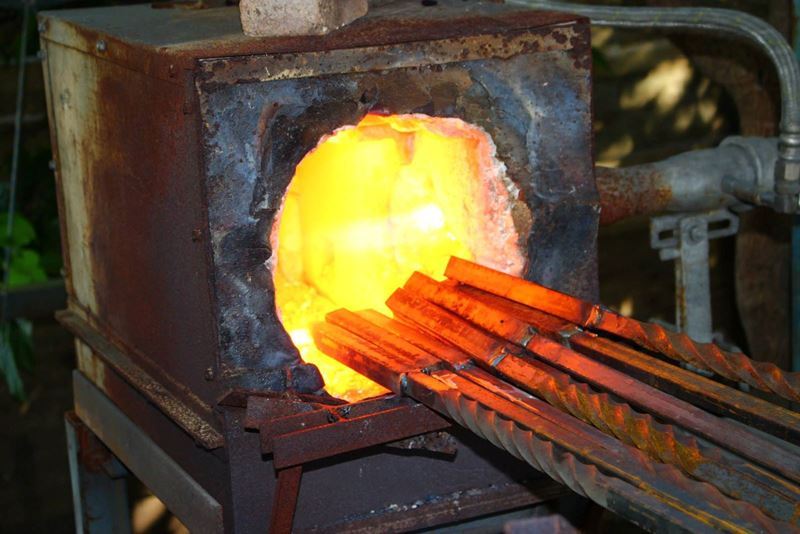

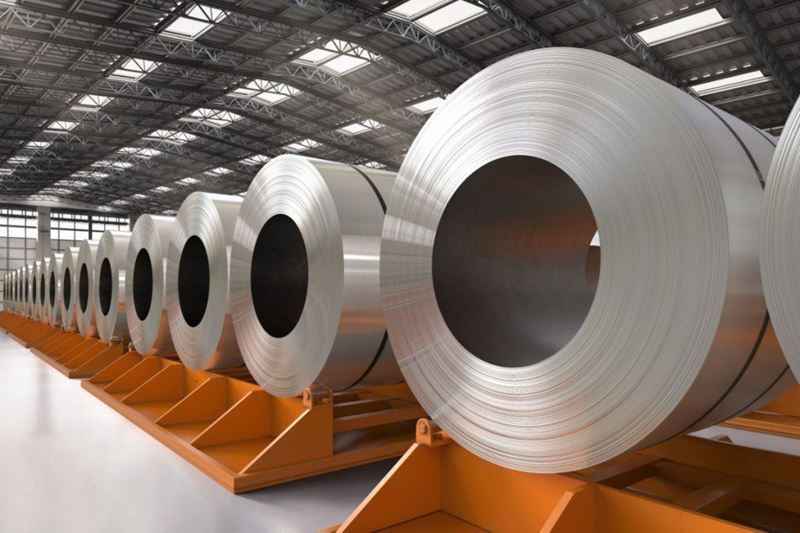
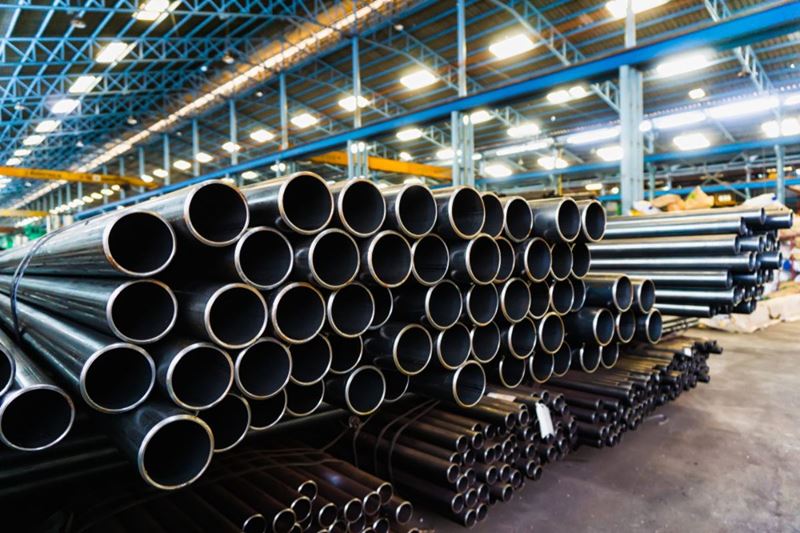
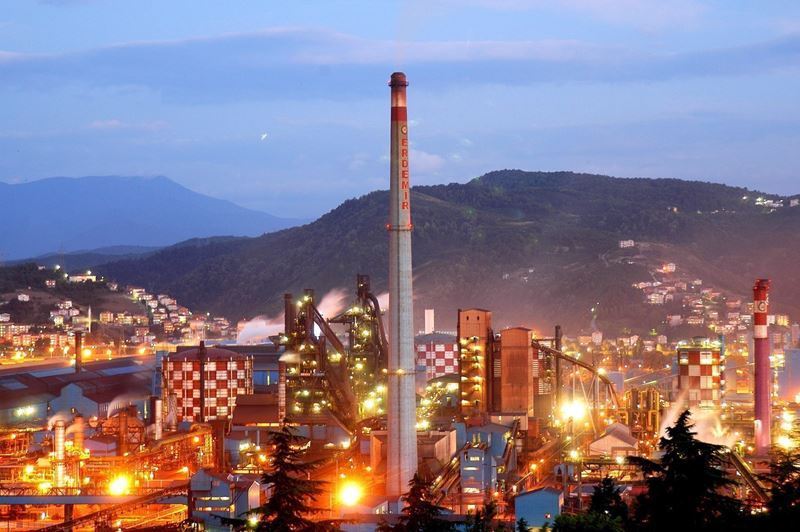
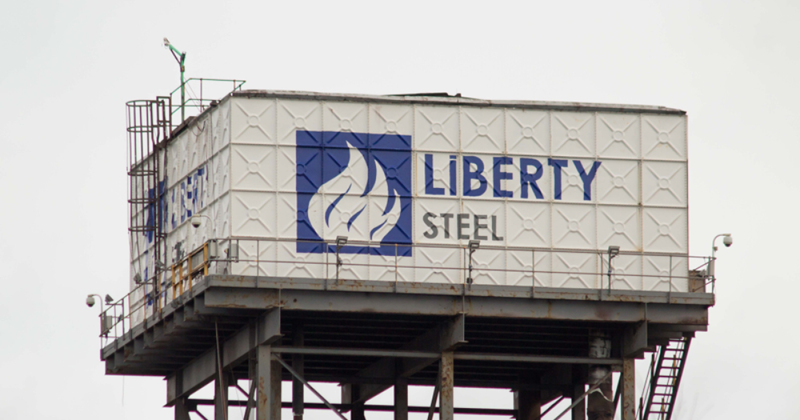
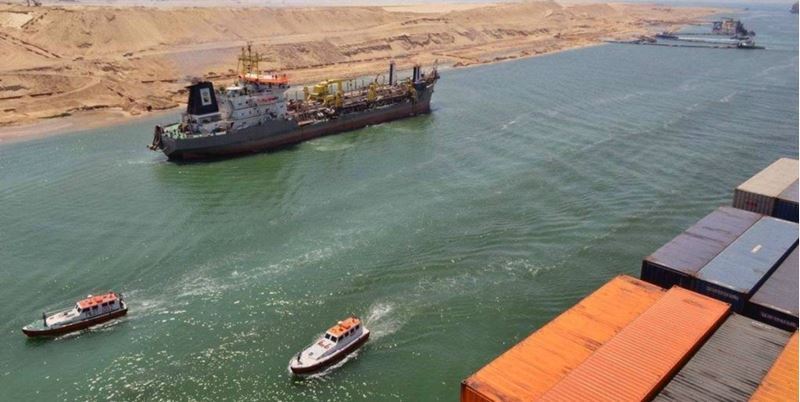


Comments
No comment yet.